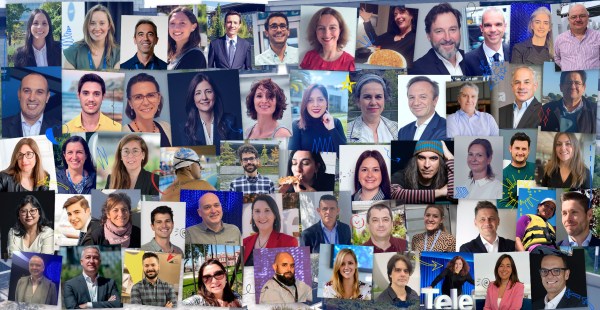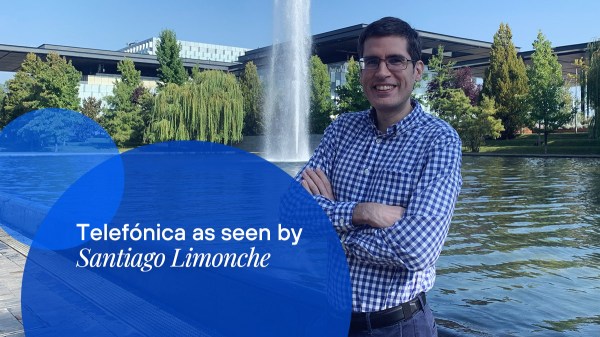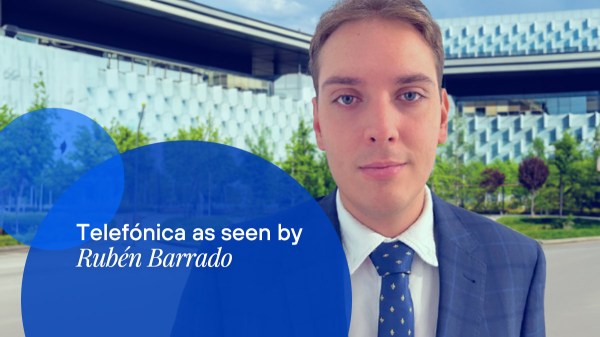How long have you been with Telefónica and what is your assessment of your time here?
Well, next January I will have been with the company for 35 years, although I am still a long way from the 45 that my father, now deceased, completed. My assessment can only be extraordinary, I remember that we spent, if we follow the 8+8+8 rule, more time with our colleagues, a journey that has been very enriching on a personal and professional level.
Is there any project at Telefónica that you feel particularly satisfied with or proud of?
Without a doubt, as head of a stable group, it was the start of the deployment of the FTTH network in the province of Murcia. Those were exciting years and there are the cables, the CTO’s, the central cabinets, etc. We were silent witnesses of our time in this company at that exciting time.
What do you think Telefónica has contributed to society?
Well, it would be a very long list, but the most important thing is the immediate interconnection between people. The fact that my 85-year-old mother can make a video call with her grandson who is in Madrid studying instantly and see him on the screen of his mobile phone is the clearest example of the contribution. Not only technological, but also human and personal, in this almost century of existence. All of this can be traced back to the phone booths, the automatic exchanges, the operators, etc. It all boils down to the connectivity of people at any level.
Where do you see Telefónica in the future?
Well, more of the same: technology, solidarity, quality employment, development. Aspects that we must always hold in high esteem, because of the number of people behind them who make it possible every day.
Could you live without a mobile phone?
I am not Galician, but I would answer with another question, why? I think that in these times the mobile phone is being stigmatised for certain behaviours. Of course we can live without a mobile phone, without cars, without electrical appliances, without surgical equipment, without research, and even without the wheel, the invention that, they say, categorised humanity as a species. All these advances have meant that the current life expectancy in developed countries is 85 years, more or less depending on the area of the world where you live (a clear example of the application of technological and social advances) while in the Middle Ages it was 35/45 years, it is possible to live, but surely much worse.
Help us to solve one of the great enigmas of humanity: the potato omelette… With onion or without onion?
In my case, I’m a potato omelette without onions, for God’s sake, and without deconstructions or half-baked omelettes. Our mothers rebel against such an act of forgetfulness by remembering their omelettes.
Nominate another colleague to appear in this section
Of course, Jose Luis Morán Tuñón, Agustín Benito Sánchez, Jose Martínez Rojas, Jose Montesinos Sánchez and José García Juliá.











